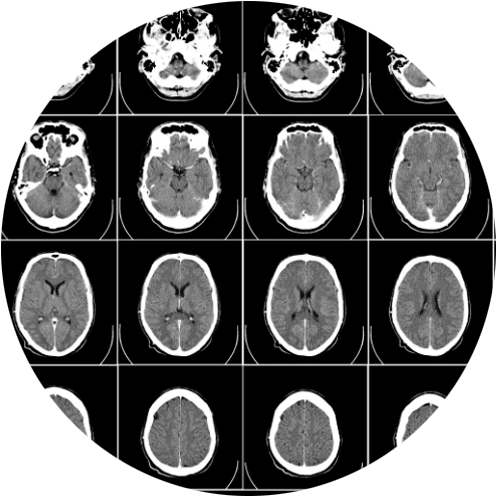What is the MGBase Registry?
The first global observational registry to be launched for patients diagnosed with Myasthenia Gravis.
Patient registries such as MGBase are powerful instruments for expanding our knowledge of diseases. They are particularly useful in rare diseases, such as MG, where they can provide the opportunity to pool ‘real world’ data to reach a sufficient sample size for epidemiological and clinical research.
The MGBase Registry is the first global observational registry to be launched for patients diagnosed with Myasthenia Gravis. Developed as an extension to the highly successful MSBase Registry for patient with Multiple Sclerosis, the MGBase registry is dedicated to evaluating outcomes data in Myasthenia Gravis through collaborative international research. As a global MG database, MGBase will significantly advance myasthenia research and improve the quality of care and outcomes for patients with MG.
MGBase is designed to be used in an outpatient clinic during regular neurological consultations. It provides a longitudinal graphical display of the patient disease course, therapies and outcomes. It is simple to input data in the clinic via an electronic Data Entry System, with de-identified data accessible to researchers. Outcome measures include symptom severity scales (eg Myasthenia Gravis Composite (MGC)), quality of life measures (eg MGQoL15R), patient reported outcome measures (eg MGII) and employment status.
The MGBase Registry is owned and operated by the MSBase Foundation Ltd, a not-for-profit company registered in Australia. The Foundation is governed by a Global Board of Directors that advises and supports the work of the registry. The MGBase Scientific Leadership Group (SLG) advises the Foundation on the scientific direction of the Registry. The Operations Team are responsible for the maintenance and management of the Registry and are centralised in Melbourne, Australia.
Our History
The MSBase Foundation was approached about developing a global registry for patients with neuroimmunological disorders (including MG) in 2014. The concept was to expand on the existing multiple sclerosis registry to include patients with other neuroimmunological disease. This approach was recognised to have several distinct advantages:
- A single electronic interface for multiple diseases to facilitate utility and encourage uptake;
- Inclusion of common outcome measures to enable disease comparisons;
- Opportunity for ‘precision medicine’ initiatives (customisation of health to the individual patient).
A key advantage of building on an existing registry was the ability to utilise the successful infrastructure and governance structures of the MSBase Registry.
The concept of a global neuroimmunology registry was met favourably by the MSBase Foundation. The decision was made to begin development with a Myasthenia Gravis registry (MGBase). An MG-specific interest group (MIG) was developed comprising national and international experts in MG. This group was responsible for establishing the datasets to be collected. Members of this group have subsequently formed the MGBase scientific leadership group (SLG) responsible for determining the overall scientific direction and scope of the MGBase registry.
Deployment of the new MGBase interface began in late 2020 with rollout to initiation sites in 2021. The official launch of MGBase occurred in the second half of 2021.
Throughout the development process, MGBase has been strongly supported by Myasthenia Alliance Australia (https://myastheniaalliance.org.au) and the State Associations in Queensland (www.mgaq.org.au) and New South Wales (www.myasthenia.org.au). These groups have been strong advocates for the development of MGBase and have donated significant funds to the development process through their fundraising efforts.
|
 |
|
Ethics and privacy
Ethical requirements
- Ethics approval or exemption is required
- Patient consent is required
Patient confidentiality
In order to preserve patient confidentiality, all identifying information is removed from patient records before reaching the Registry. Patient records are assigned a 'globally unique identification number' (GUID) at the time data is uploaded from any participating Centre's local data collection software.
|
|

